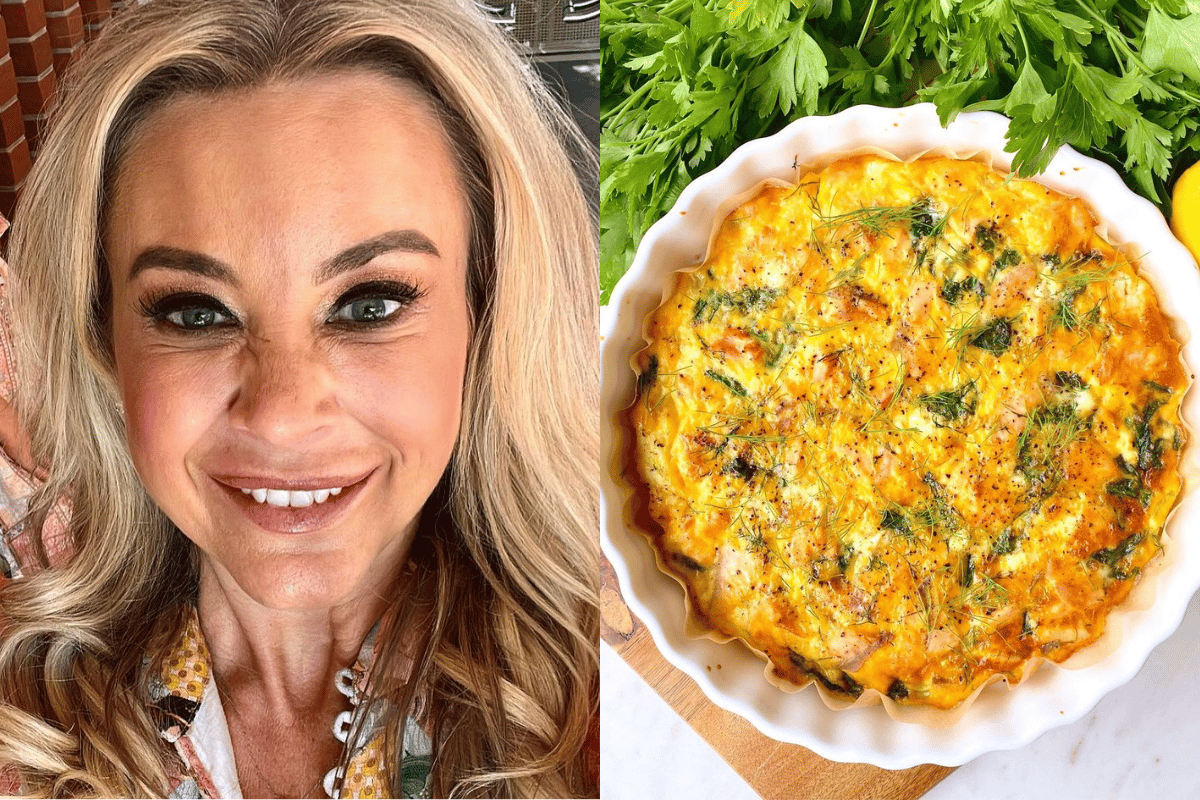
Who doesn't want healthy, glowing skin in their 50s? Show us who.
If you're a dame in your 50s, chances are you will have experienced some changes in your skin. Which is totally normal.
This is when our hormones like to go completely rogue and introduce all sorts of different changes to the appearance of our skin.
Everything becomes drier. More easily irritated. Duller. Tired.
And while the marketing goblins out there might want to make us believe that you need to spend all your money on fancy skincare products for 'mature' skin, the fact is, there are lots of other changes we can make on the nutrition front to keep our skin glowing and happy.
Side note: While you're here, why not check out the best haircuts for women over 50.
We recently cornered dietitian and nutritionist Susie Burrell for her advice, and she told us the key thing to remember is that skin health, and the look of the skin, builds over time — and the daily foods we eat make the biggest difference.
"While diet cannot fix all the things in our life that we would perhaps like it to, the good news is that when it comes to the look, feel, texture and underlying health of our skin, there is a whole lot that our diets and daily food choices can do."
Told you.
Watch: Deborah Hutton Opens Up On Skin Cancer Battle A Current Affair. Post continues below.
